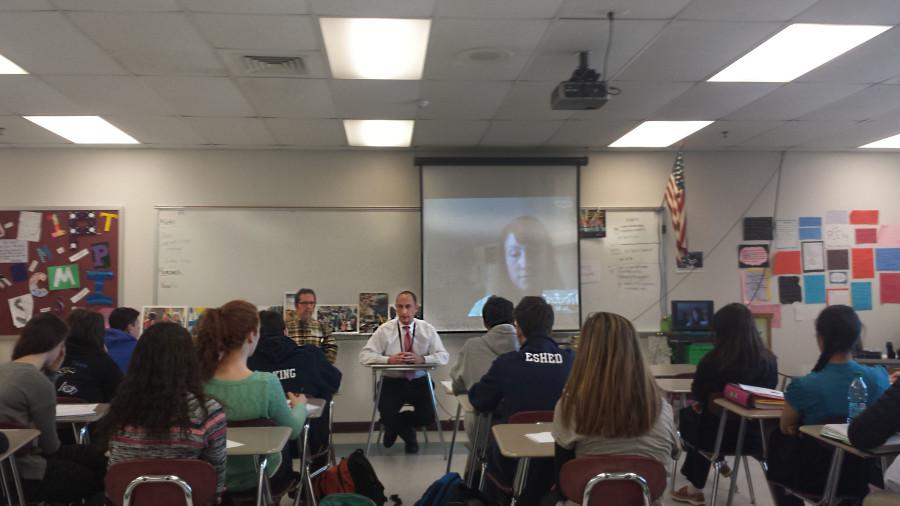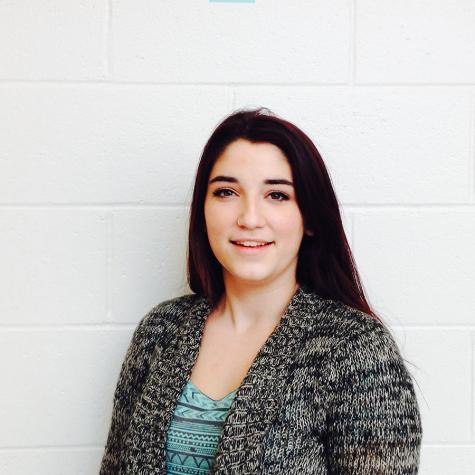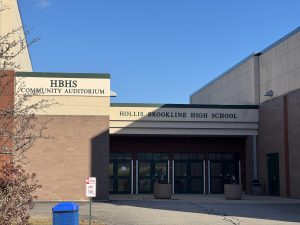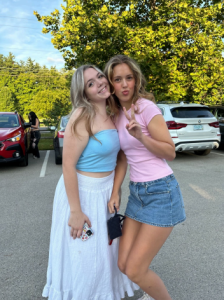Little Hollis meets big economics
January 16, 2015
As Katie Pine’s sophomore economics group comes to class this week, there awaits three panel members for a unique discussion on Globalization and Microfinance. The panel consisted of three important people directly involved with the economic world: United States Treasury Department policy adviser Moira Sullivan, the Coordinator of the Sustainable Microenterprise and Development Program at the University of New Hampshire, William Maddocks, and Rick Barnes, the principal of Hollis-Brookline High School and former stockbroker for consumer/real estate lending.
On January 13, Room 221 was transformed into an all-you-can-eat buffet of economics.
Sullivan talked about her two main focuses in economics, banking and equity. She gave the class an explanation of the 2008 financial crisis.
“The banking system we have now is so globalized that the crisis could not be pinned on just a couple of countries. Banks [from America] are loaning banks from other countries money, therefore making them intertwined,” Sullivan said.
Maddocks shared his involvement with microfinance, along with his hopes for it to help end poverty. The goal of microfinance is to try to make banking easier and cheaper for everyone. With that comes the hopes of ending poverty and stabilizing family income.
“As we try to solve the problems with microfinance, it is not just one tool, it is multiple tools. Hopefully one of those tools with help with poverty,” Maddocks explained.
Barnes was working as a stockbroker when he was a young adult, and made it clear that revenue accumulation was the main purpose of being a stockbroker. “We exist to make money. For ourselves and for our company on Wall Street. [Stockbrokers] made money whether you lost or gained yours. Being in this business leads to the motives of people getting addicted to money, and the banks getting greedy. With this logic the system was becoming unsustainable.”
The discussion comes just before Midterms, and the moment when sophomores will part with their teacher and Economics class for good. But Pine has created something more lasting, so that her students might take the content they have learned past the classroom and into their lives.














